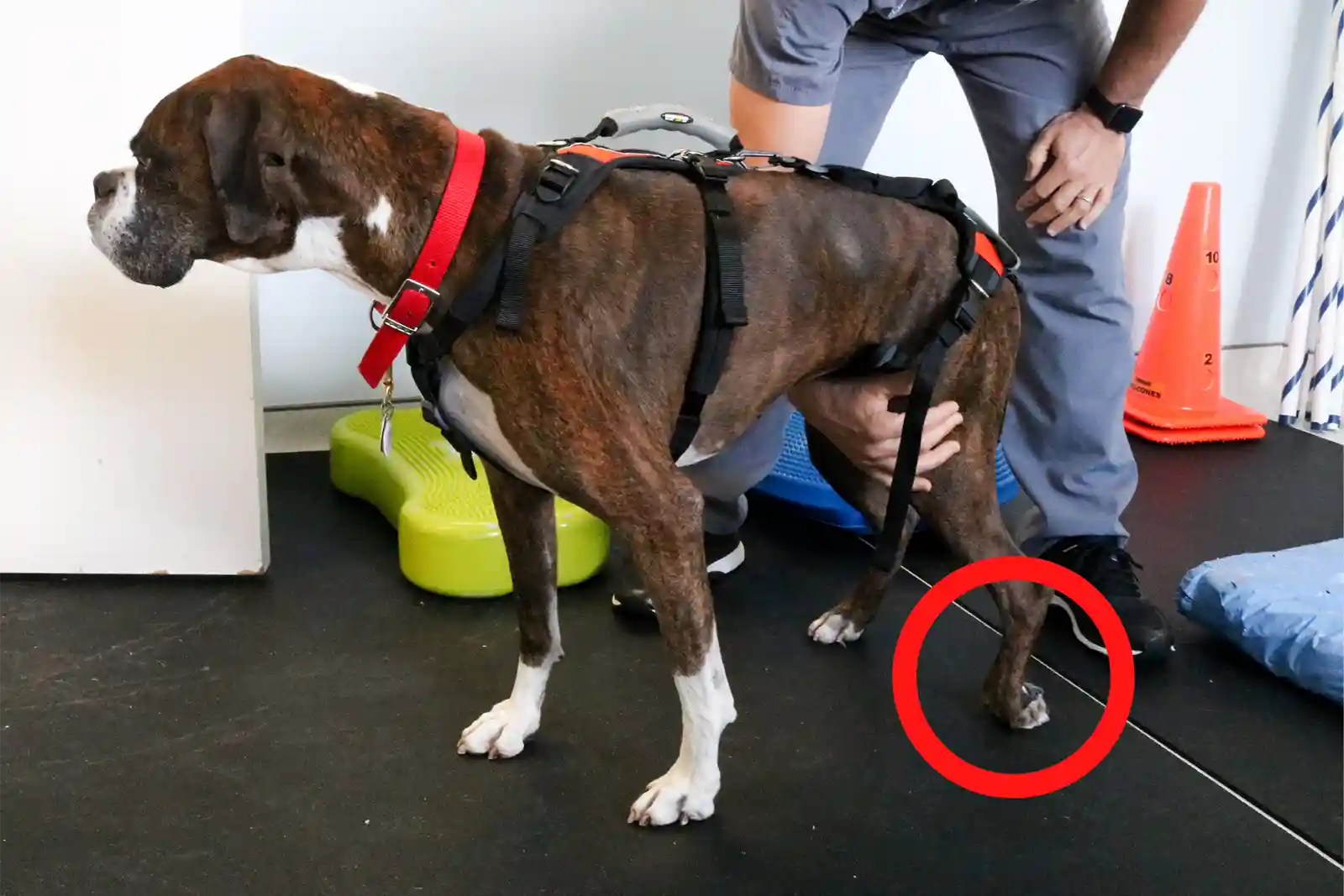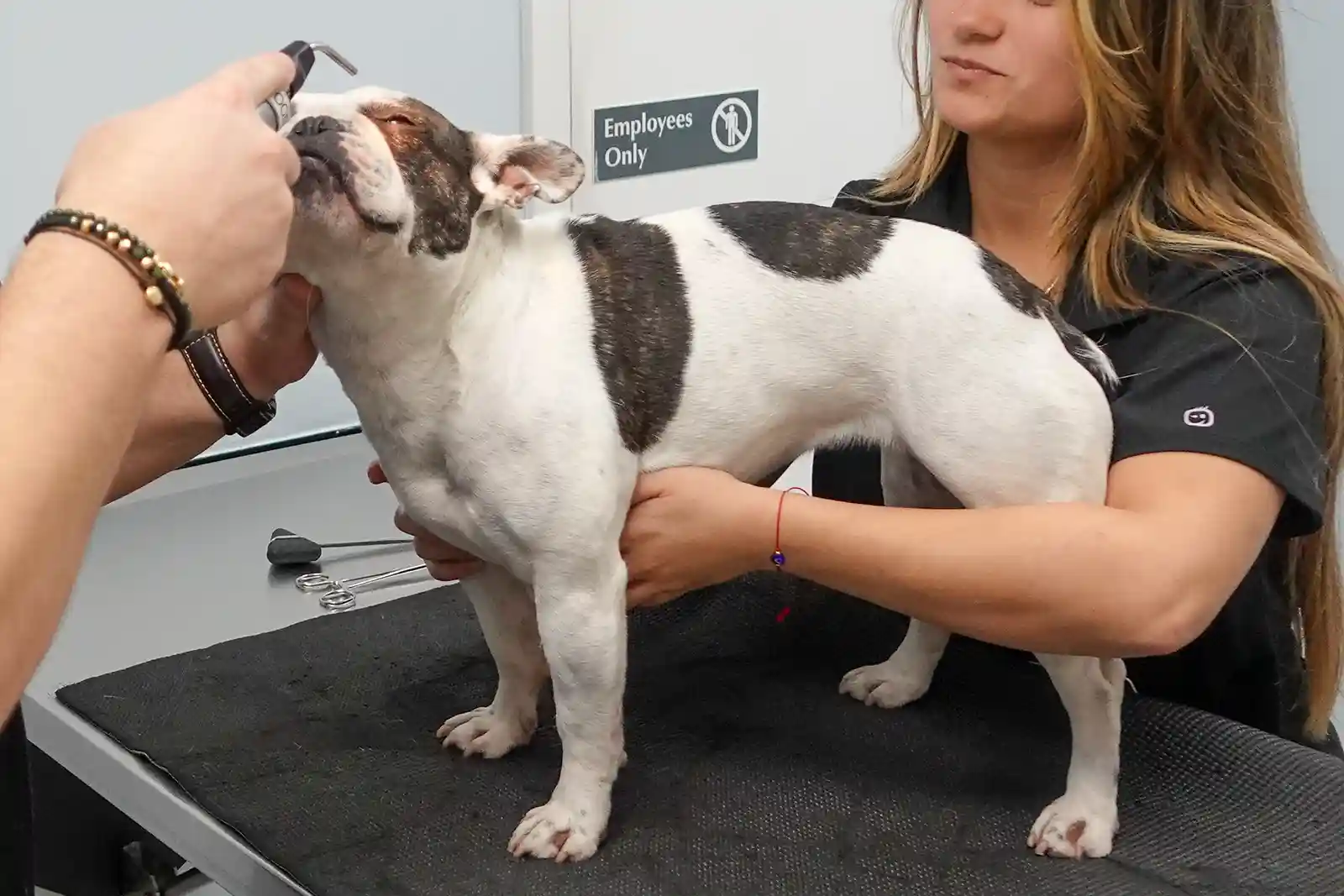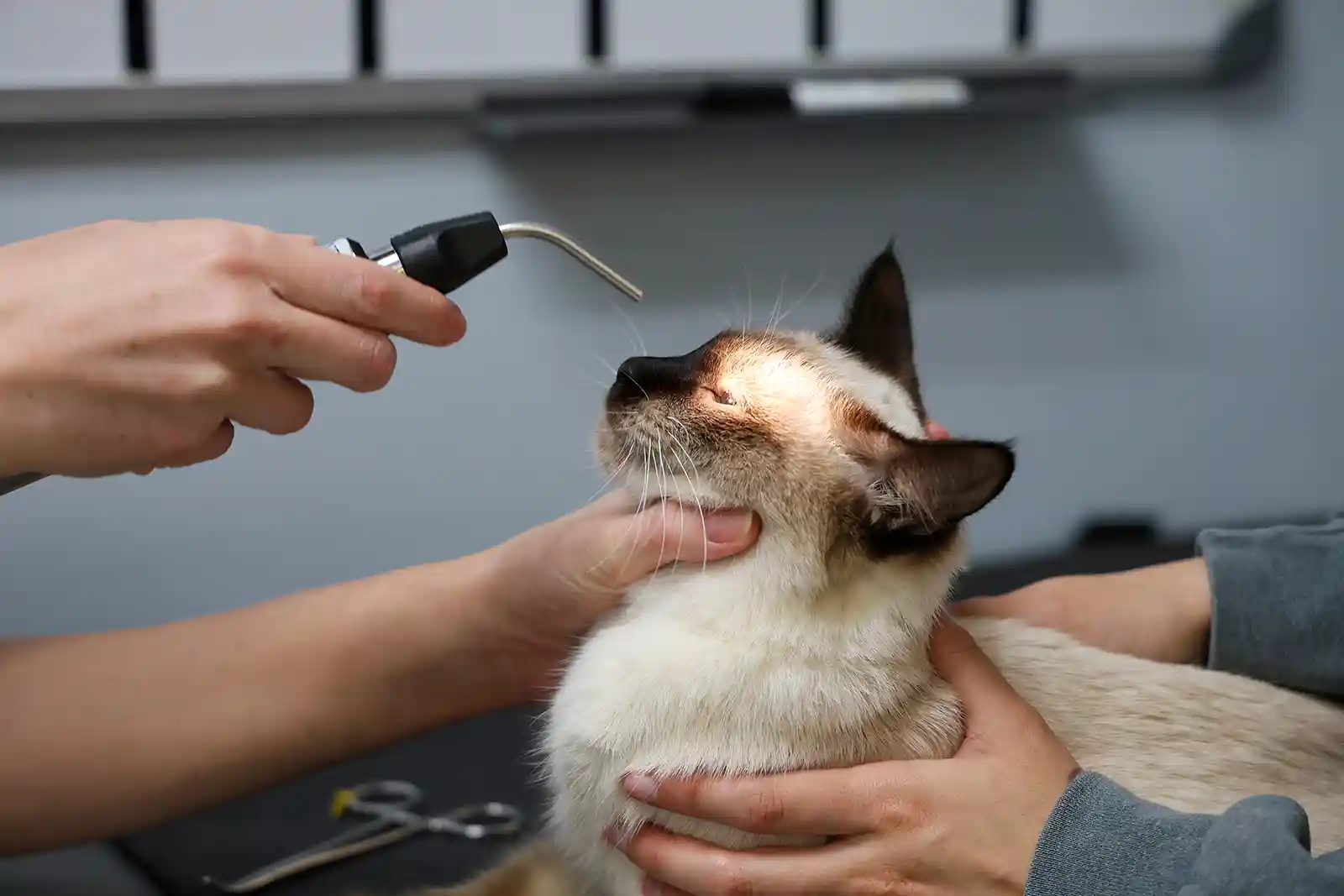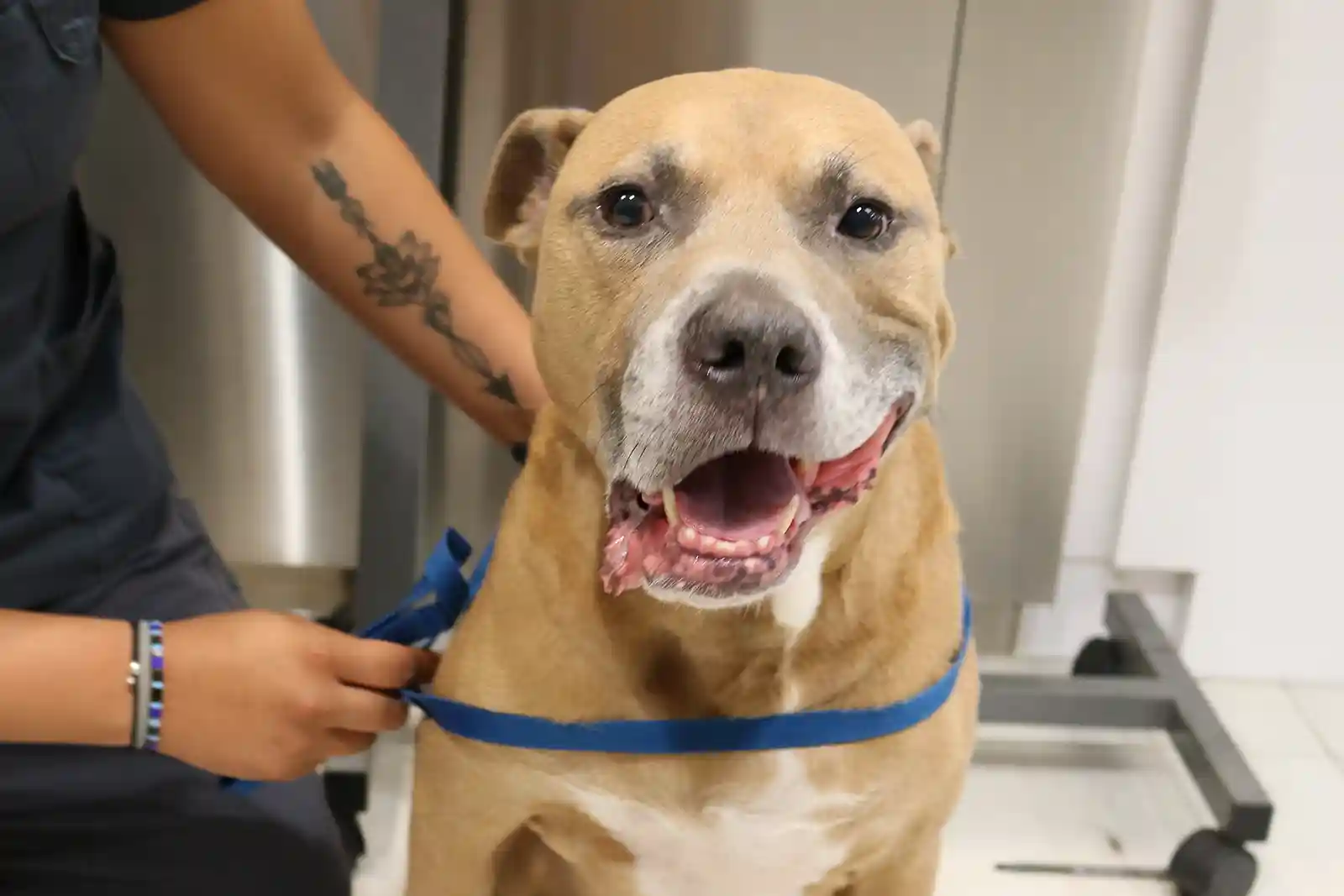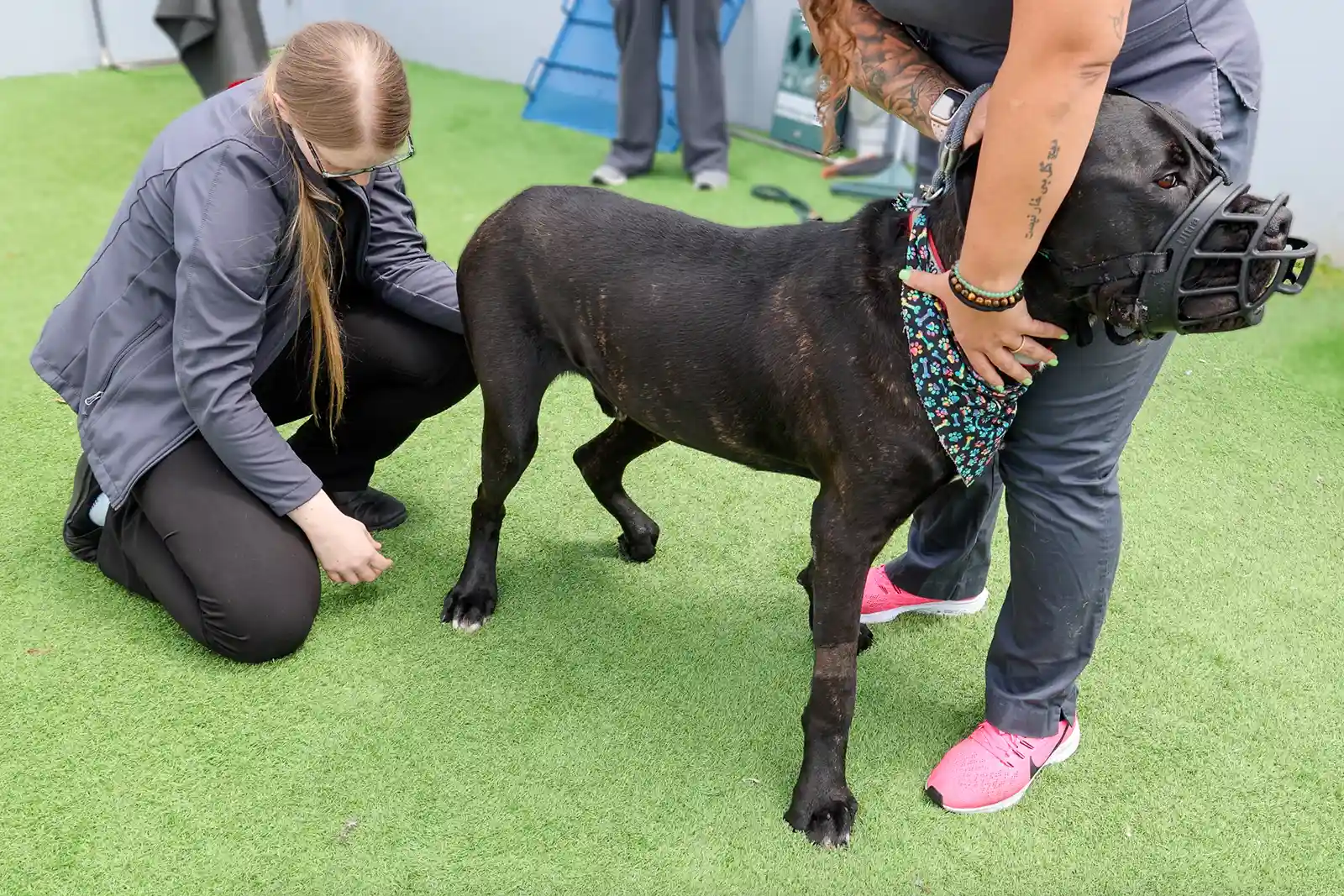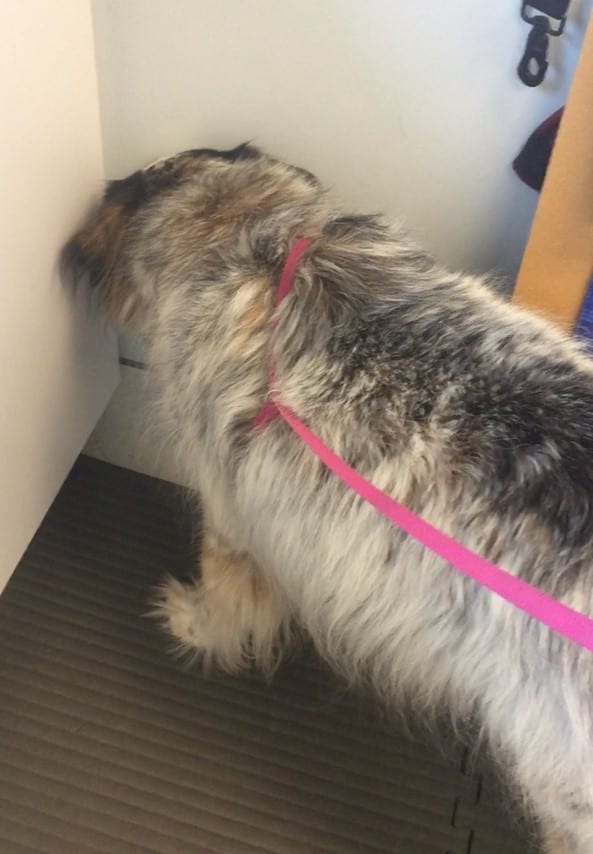Knuckling in Dogs: What It Means and When to See a Neurologist
Knuckling in dogs occurs when the paw curls under, so that the top of the paw (instead of the pad) touches the ground while standing or walking. Dogs are often unaware that the...
Is Your Dog Blind All of a Sudden? When to See a Neurologist
Seeing your dog blind can be deeply distressing, especially when it happens without any warning. In most cases, blindness in dogs is caused by a problem with the eyes themselves....
5 Neurological Disorders in Cats You Should Know About
Because neurological problems are more frequently diagnosed in our canine friends, they tend to dominate the conversation. But cats are no strangers to neurological struggles, and...
FIP Treatment for Cats: The Latest Advancements
One of the most common causes of neurological disease in cats is feline infectious peritonitis (FIP). This severe viral illness can affect cats of all ages, though it is most...
Is It Dog Dementia? Cognitive Dysfunction Syndrome in Dogs
As our dogs age, we expect to see some physical changes - more naps, slower movement, and maybe even a few gray hairs. However, cognitive decline is an aspect of aging that may...
Facial Paralysis in Dogs: Your Questions Answered
Facial paralysis in dogs is a fairly common condition seen by veterinary neurologists. The facial nerve controls the muscles responsible for facial expression, salivation, and...
Recognizing Brain Tumors in Dogs: A Guide
Brain tumors are actually a relatively common ailment in older dogs, especially in certain breeds. But what is a tumor exactly? A tumor is an uncontrolled growth of abnormal cells...
My Dog Can't Jump on the Bed Suddenly: Why?
If from one day to the next, your dog suddenly can’t jump on the bed, you may have some cause for concern. A sudden reluctance to jump up is usually caused by some sort of pain,...
What We Know about Wobblers in Dogs
It’s no easy task to describe wobblers in dogs because it’s not just one single problem, and there is still a lot we don’t know about it. "Wobblers" isn’t even necessarily a...
7 Reasons Why Your Dog is Pressing Its Head Against the Wall
Maybe you have an affectionate pup that shows you love by pressing its head against yours while you smother it with smooches, and that’s cute as heck. But if your dog is pressing...
